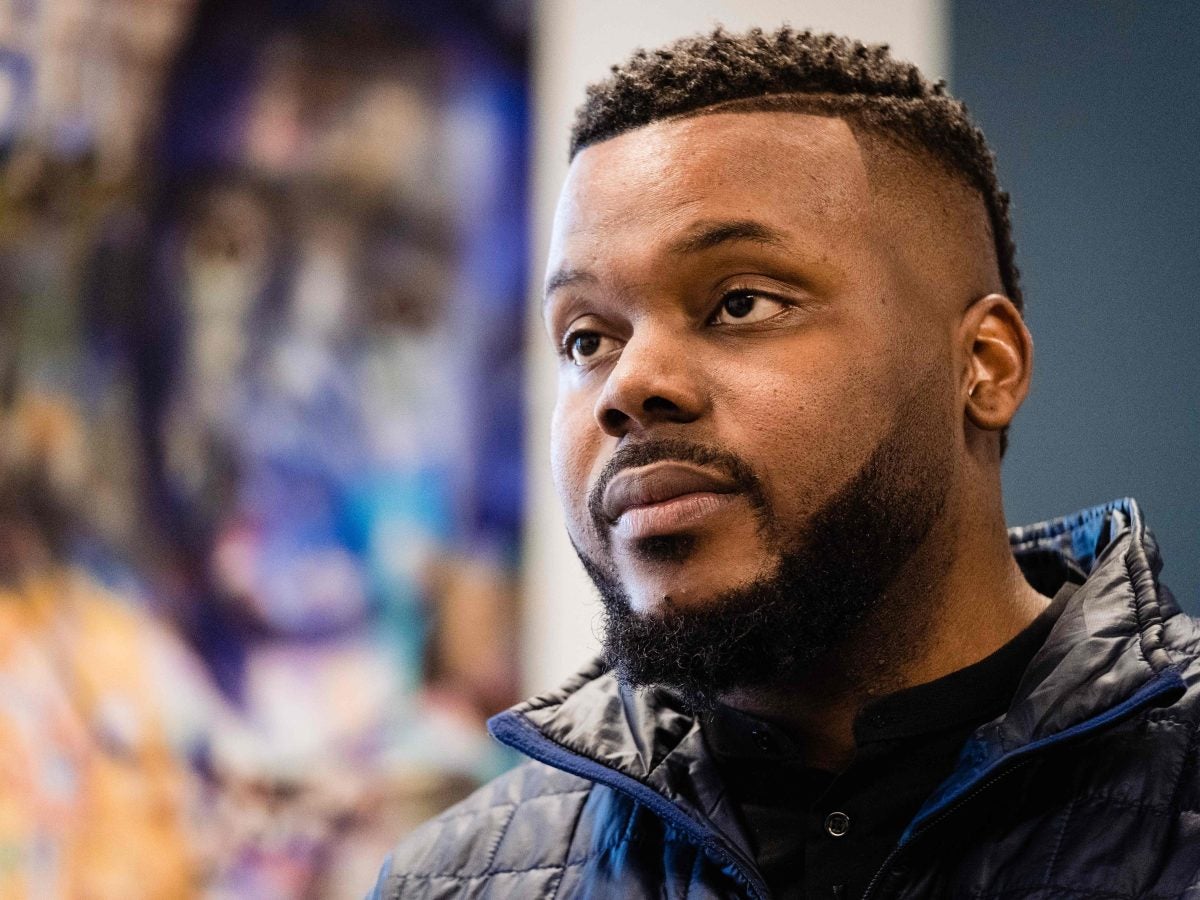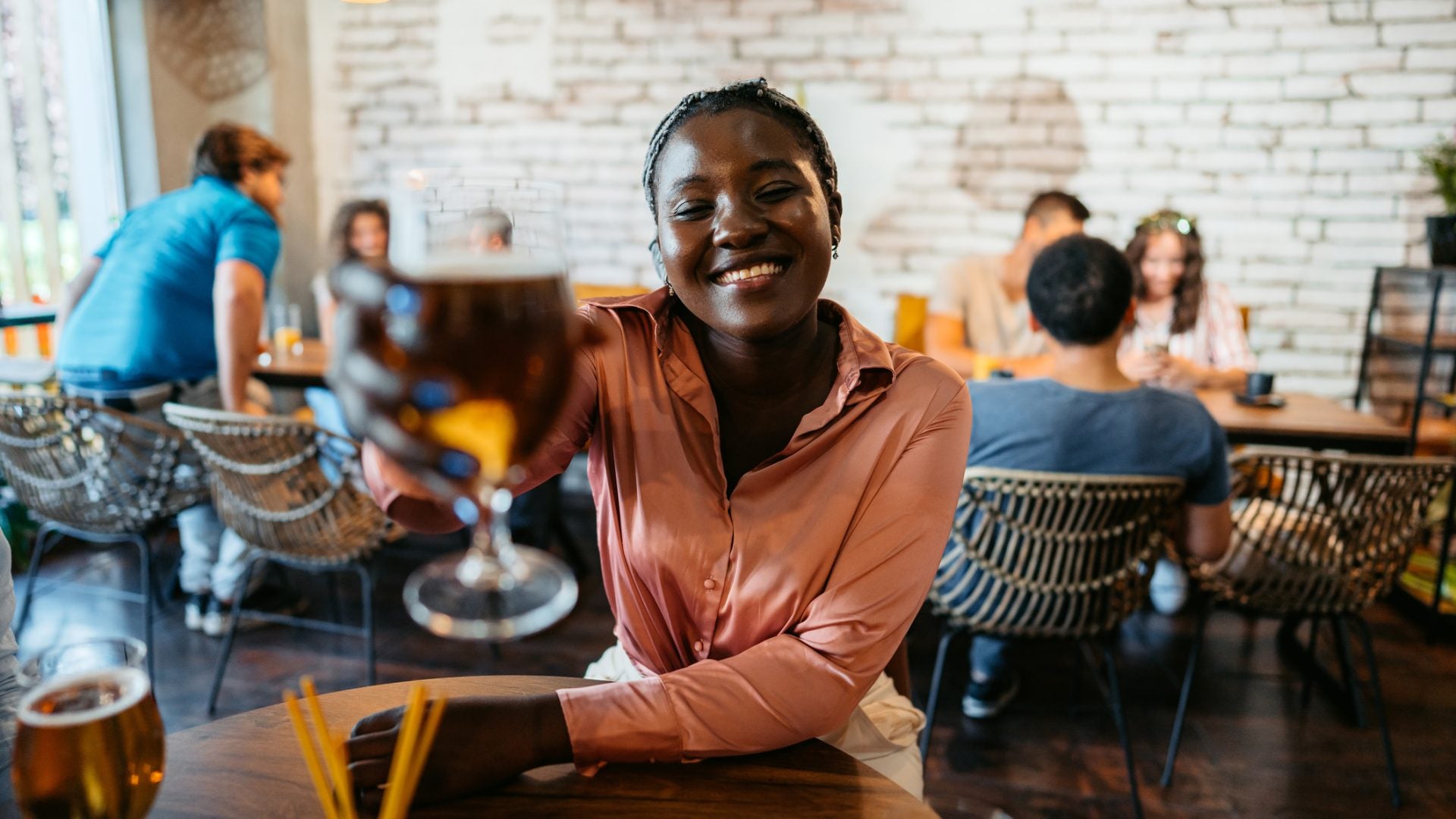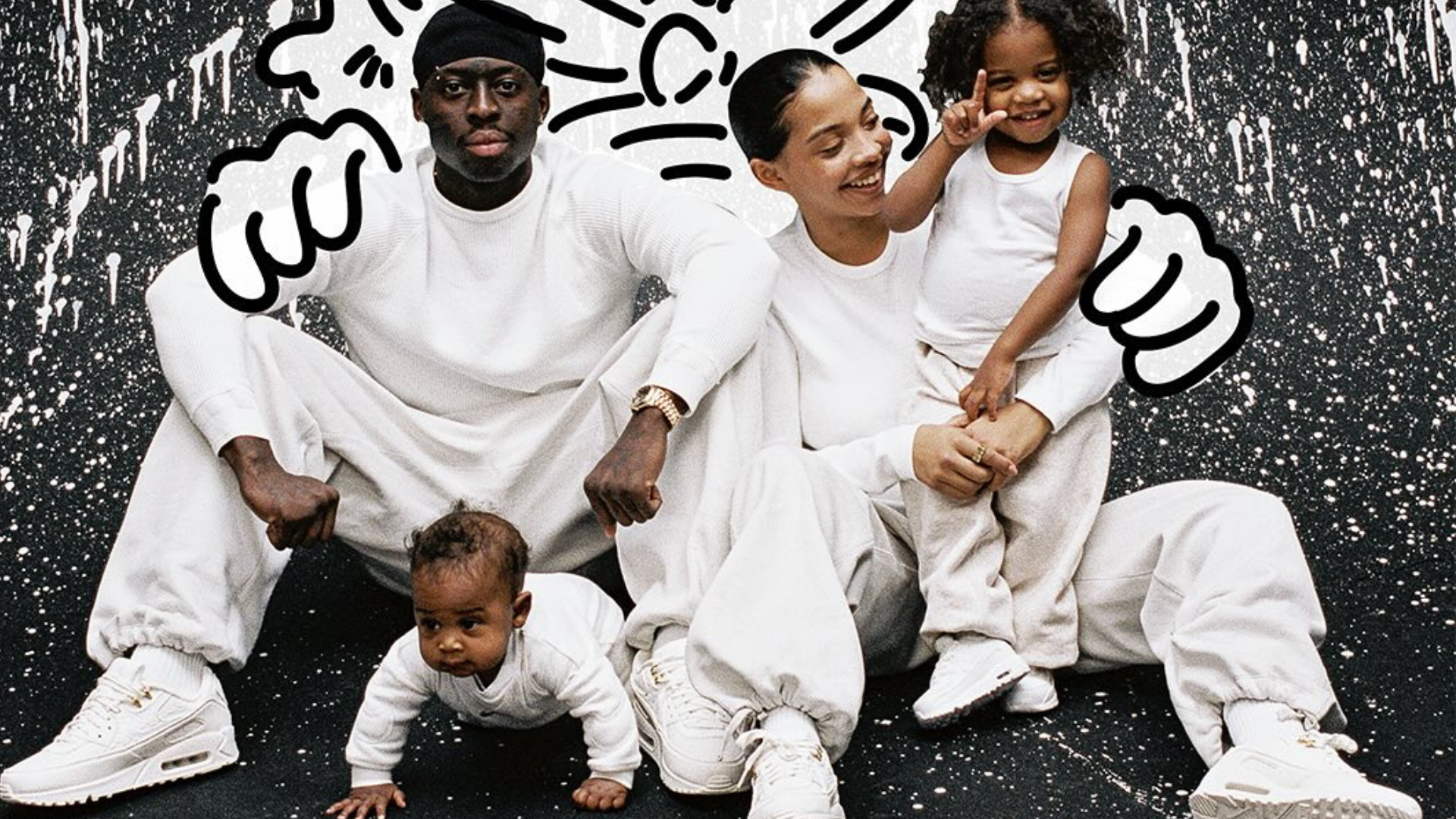
Michael Tubbs rose to fame at the age of 26 when he became the youngest and first Black Mayor of his hometown, Stockton, CA. Five years later, it is clear that Tubbs has embodied his mantra, a verse from Tupac Shakur’s poem, “The Rose that Grew from Concrete,” and made his wildest dreams come to fruition—“Did you hear about the rose that grew from a crack in the concrete? Proving nature’s laws wrong, it learned to walk without having feet.”
In his 31 years, in addition to his mayoral accomplishments, Tubbs also graduated from Stanford, interned at the White House, and served on city council, overcoming many obstacles that might have stymied many others in similar situations. As Los Angeles Times reported, “When Tubbs was 6, his father was sentenced to at least 32 years in prison for kidnapping, robbery and a drug violation. His mother, Racole Dixon, was 23. She raised him with help from Tubbs’ aunt and grandmother — his ‘three mothers.’ They lived in poverty, and he knew the odds were stacked against him.” Fortunately, Tubbs has decided to share his enthralling story with the world in his new memoir “The Deeper the Roots” which was released in November 2021.
Michael Tubbs sat down with ESSENCE to discuss his book, life after politics, and what he hopes for the future.
This interview has been edited for length and clarity.
ESSENCE: Something that you have talked about is your Mom saying, “Don’t tell nobody our business.” Was your mom okay with you now, finally, telling everyone?
No, absolutely not! It still remains to be seen whether she’s going to read the book, although she did tell me yesterday [that] she started listening to the audio.
ESSENCE: What brought about this book now?
I won my election in 2016 when Trump was elected, being the youngest [Mayor] of a big city ever, and the first Black Mayor of Stockton, a lot of people had approached me about writing a book, and I said it can’t be an extended autobiography, I’ve only been here 30 years, but I said it could be a memoir. I know of memoirs from folks who have written them relatively young or speak to a particular experience. I thought of all the memoirs I read growing up that were really instructive for me, like Black Boy by Richard Wright, which was about his whole life but really focused on his childhood and his move to Chicago, Manchild in the Promised Land, Makes Me Wanna Holler, books like that. So, I thought there’s something I want to say, there’s something that needs an explanation and I’ll try it. After the book deal my paper sat blank for about two years, and then towards the end of 2019 and during 2020, the book began to come together, and I think it’s because of the experience of being there. I think it’s the experience of becoming a father. I think actually having something I felt need to be said about policy, about communities, about families like mine, about the path forward for our country.
ESSENCE: You’ve been extremely vocal about coming from a family of strong women. You met your wife in college—so how did you know that your wife was the one?
I knew she was the one when we first met. We were in a meeting organizing around the wrongful execution of Troy Davis. Even at that time, I was tired of protests. We were doing it a lot…and it was very much sort of this is what we’re supposed to be doing… and then she stopped the meeting and she said, “No, you’re missing the point. A man has been murdered and we should be allowed to feel that,” and then she started crying. Just seeing how empathetic she was and her love of justice as well, was really attractive.
ESSENCE: How has fatherhood changed your life?
It has made me even more impatient…I want my kids to grow up in a different world. I think it’s also made me more understanding of people I disagree with, and I think to myself, well before they were crazy, they were once a beautiful baby who was nice and laughed and just wanted to be held and cuddled. Me and my wife will do what we can do, and we’ll train our kids to continue to work, and that feels really good as well. There’s another generation who will continue this work, so you have to do what you can now to be a good ancestor when you’re preparing the next generation.
ESSENCE: What was it like being the youngest, the first Black mayor of your hometown city?
It was beautiful, but also very difficult. It was such an honor and privilege, particularly knowing that no one who ever looked like me had ever occupied that seat, at any particular time in history. But it was also very difficult dealing with the ‘-isms’ that are present when you’re the first anything, and also dealing with unrealistic expectations, from even people that may share your identity because they’ve never seen someone like you in this seat, in terms of what they thought the powers I had, the authority I had, and what I actually had, was always an interesting negotiation. I think particularly folks who have been marginalized for so long, when they have someone in leadership that looks like them…it [translated to] demands on my time, like being invited to someone’s child’s 2nd [birthday party], and then they’re upset when I can’t go to everything, or I didn’t have money to give to everybody or I couldn’t sort of be a social worker for every person that I grew up with. That was sort of frustrating and then also, even when you go home, it’s personal and everything takes on a deeper meaning—these are all my folks. I put my all in the work, which was definitely rewarding, but very emotionally draining.
ESSENCE: You’ve met Oprah. You’ve met President Obama. What has been your biggest celebrity moment?
My junior year, I was able to do the Freedom Rides with some of the original Freedom Riders, and that was just mind blowing, sitting down with John Lewis, sitting down with Diane Nash, sitting down with Reverend James Lawson, sitting down with Bernard LaFayette, riding the Bus with people like Bob Singleton and Rip Patton, and going through where they went and hearing from their eyes the history they made. It was an incredible moment and one that I still draw a lot of inspiration from. Marian Wright Edelman, who’s a mentor of mine, every time I get to speak with her I get nervous because she’s done so much good work. And of course, you know, President Obama, Oprah, those folks as well, but I mean the Freedom Riders, and people like Marian Wright Edelman were the people who gave me a lot of butterflies.
ESSENCE: What was it like transitioning to being a celebrity in your own right?
I think it’s weird. I don’t think I’m a celebrity. It’s a little bit weird how much people care about what I do, not as much now, but when I was Mayor, where I went to eat was a thing, which gym I went to, where I chose to worship. I went to eat here because the food was quick, I wasn’t making a political statement, or I just wore this outfit because I had nothing else to wear, and my clothes were in the cleaners. There’s no sense of boundaries, at the park or at a restaurant–I get it, but I work for y’all from 7am to 8pm every day. I just want to have dinner with my wife, or I just want to be at the park with my son.
ESSENCE: Do you have anything in your life that you would go back and change?
Writing the book was helpful. I mean, even the things I’m embarrassed of, like getting a DUI or losing reelection. I realized there’s so much I learned from them, and those things made me the leader and the man I am today. I shudder to think what would happen if those things hadn’t happened. I definitely regret the DUI for sure, but the lessons from that have been invaluable. But, I’ve been really blessed to be in a position where my dumb decisions haven’t been fatal and I’ve been able to learn and grow from them. And for those reasons, I wouldn’t change anything.
ESSENCE: What would you like your legacy to be?
I want my legacy to be one of fighting for the dignity of all people.
ESSENCE: Knowing all that you know now, and having hindsight, would you ever run for office again?
I think being 31 years old, it would be foolish of me to say I would never run for office again. Especially because I had no idea I was going to run for office, and I realized that when I have an idea of how something works, usually God tends to have another plan. For example, I thought I would be Mayor today, and I’m not. So, I would say that I am open to possibilities. I’m not wedded to being in office again, but I’m not going to say I’ll never run for office again, I just don’t know.






